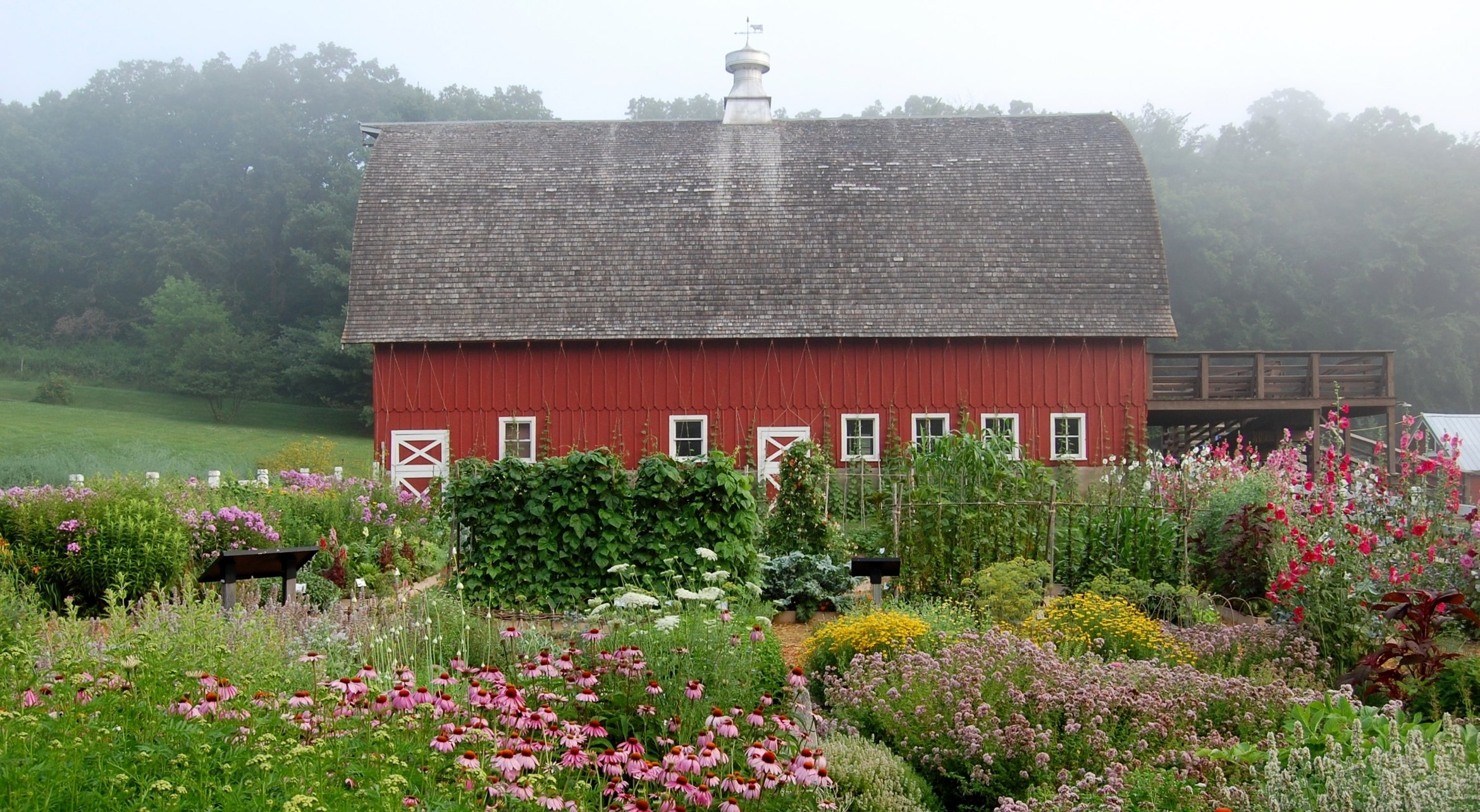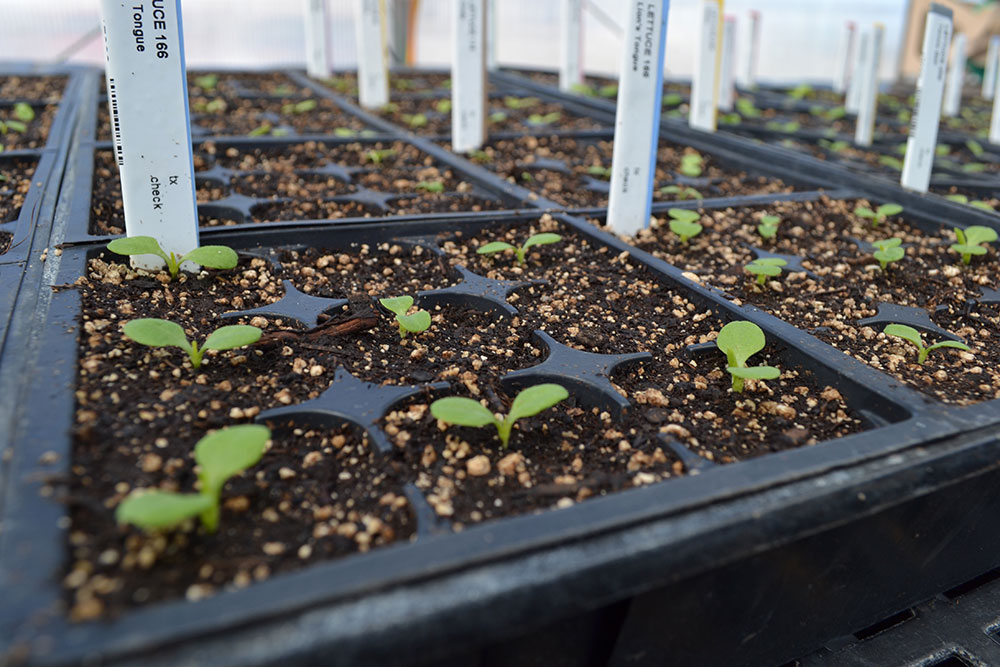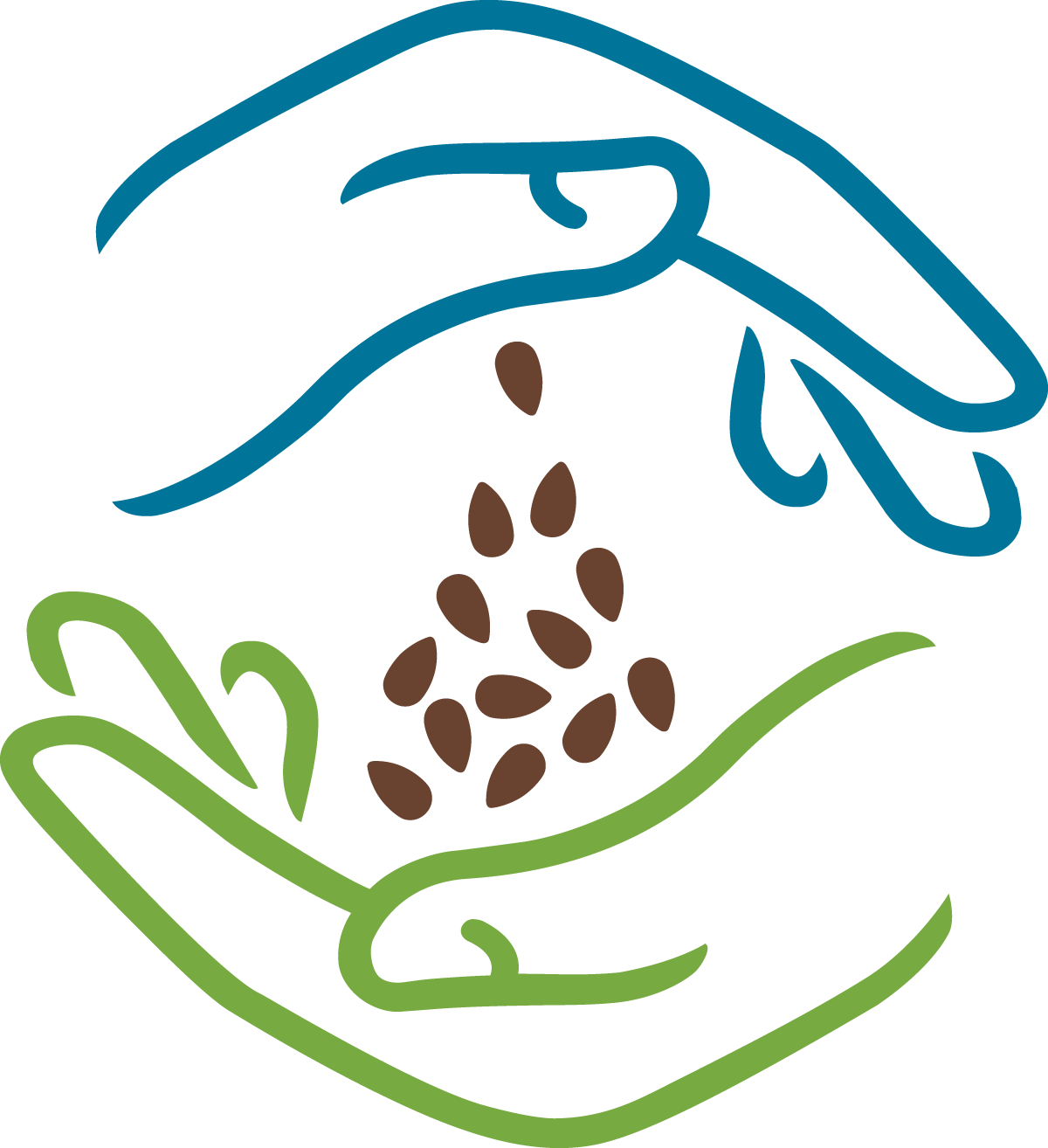Two Seasons
/In the fast-paced world of the Preservation department, the year is divided into two seasons: field season and getting-ready-for-field season. After a long, cold, snowy winter, we just crossed the threshold back into field season with the sowing of the first lettuce seeds, which are already eagerly emerging and putting on their first true leaves.
It is amazing to think that these seeds have been locked away for years and even decades in their own nearly endless, sub-zero, and perfectly dark winter within our seed vault. And yet when sown in warm soil and watered sparingly, even as snow still covers the ground outside, they rouse and stretch through the soil crust without any malice. I imagine they are thankful.
For those of us who live with the delight and angst of true winter, it is no surprise that the original Roman calendar was only 304 days long. In a way, winter stopped time. The remaining 61 days that we call January and February were shunned from the calendar – they were exiled from the year proper. I imagine those ancients counting down the winter days until the year would start again. Instead of January, the Roman calendar began in Martius (March), a month named after the guardian of agriculture and the god of war, Mars. This image of agriculture and war seems so fitting, especially in an era without supermarkets, global trade, or pizza delivery. Agriculture was life. It was security and freedom. It deserved uncompromised protection…
The trees at Heritage Farm will resume growing again soon. The grass is already greening where the snow has melted, and the birds are singing through the last few (knock on wood) flurries of winter. March feels like rebirth. It feels like the start of something new - like last year is finally over and done.
Right now, the few flats of miniscule lettuce seedlings look insignificant in our otherwise barren greenhouse. But in a week or two, their lettuce-ness will be unmistakable as their true colors, patterns, and forms begin to show. Their leaves will get sequentially longer and wider with the days. Some cultivars will form loose heads, while others will remain shaggy and unkempt their entire lives. Spring will turn to summer and then the days will get too long and suddenly, almost unexpectedly, the plants will bolt to flower as if winter had already begun whispering to them. And then the flowers will form seeds. And then the seeds will dry down before harvest, ready to endure a long, cold, month-less winter in the seed vault where they will patiently wait to be called out by an eager, protective gardener. And once again, without malice, they will sprout.
___________________________________________________________________
Seed Savers Exchange is a non-profit organization located in Decorah, Iowa, with a mission to conserve and promote America's culturally diverse but endangered garden and food crop heritage for future generations by collecting, growing, and sharing heirloom seeds and plants.














